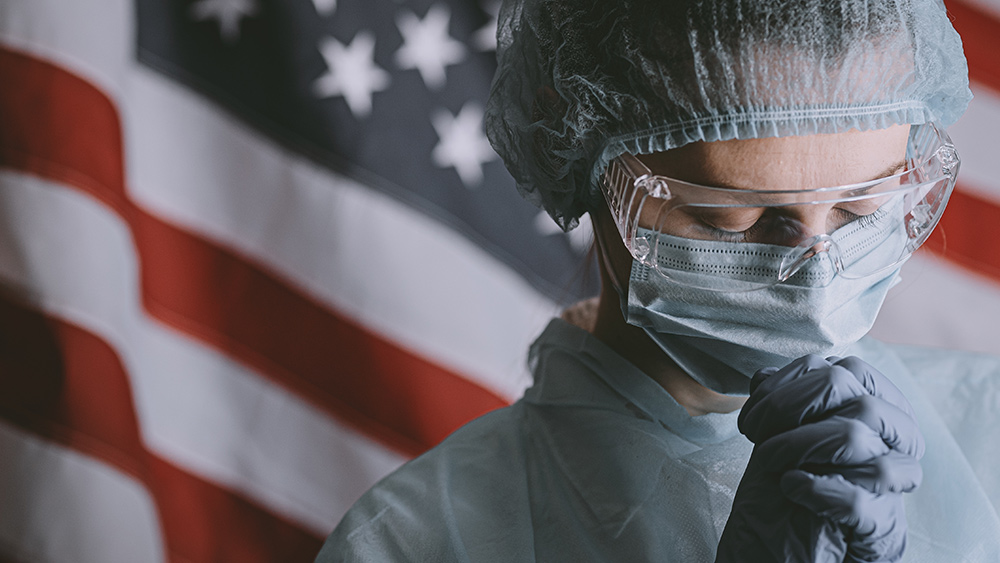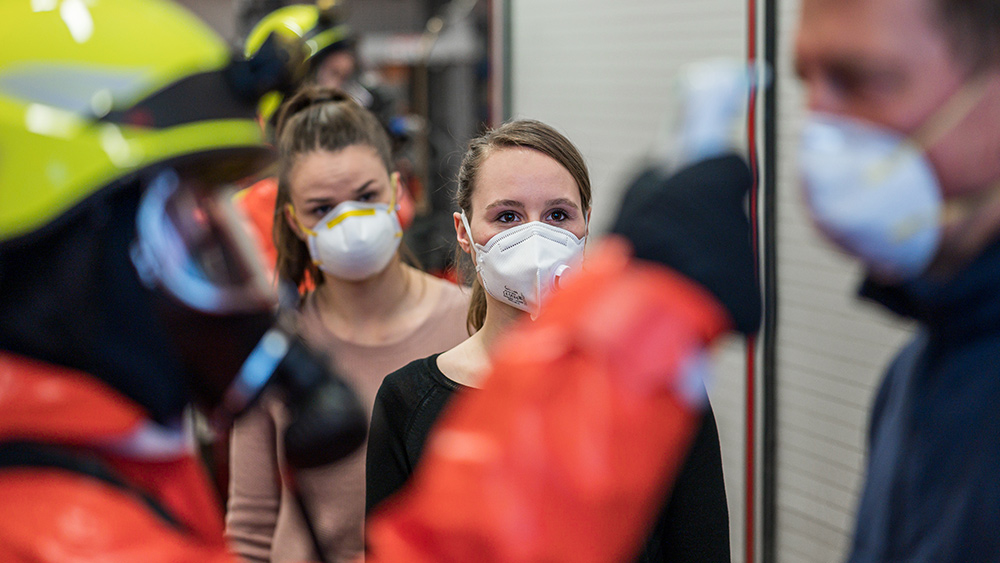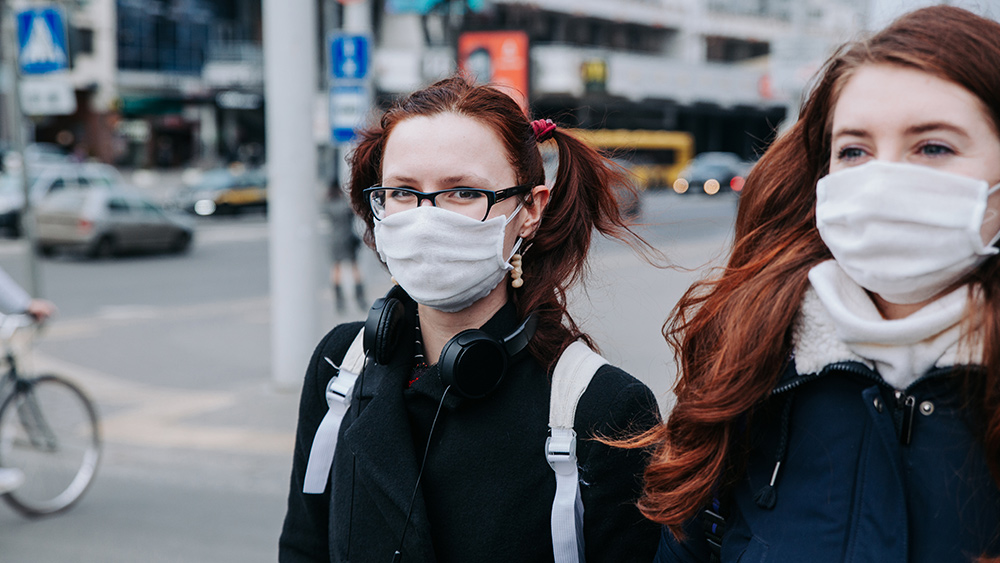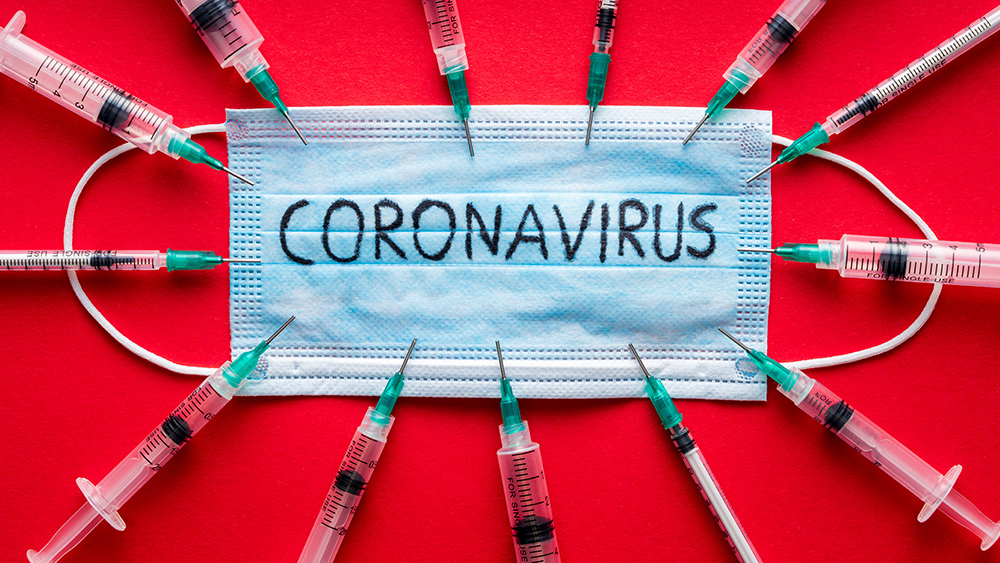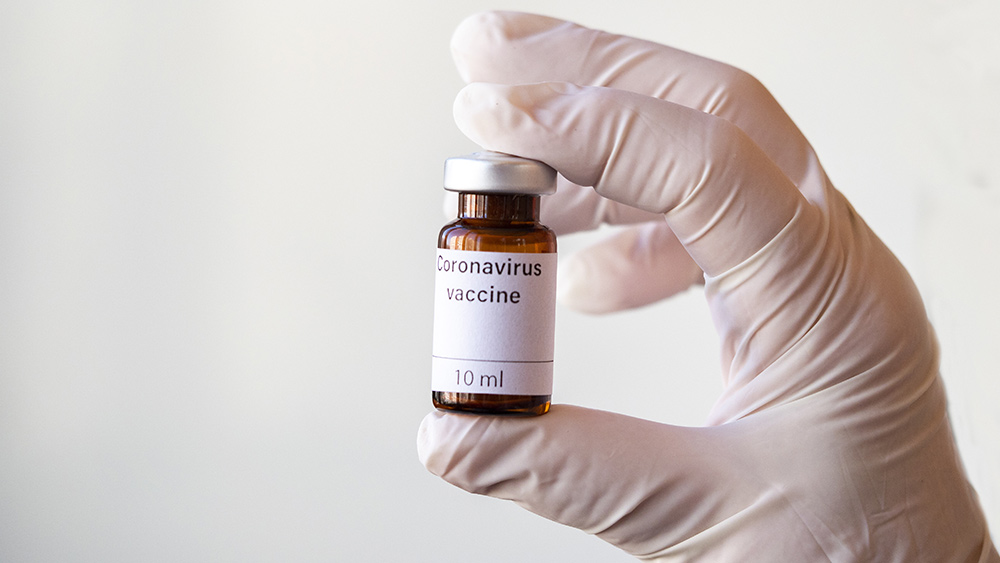Texas woman suffers severe burns after hand sanitizer catches fire
09/27/2020 / By Zoey Sky
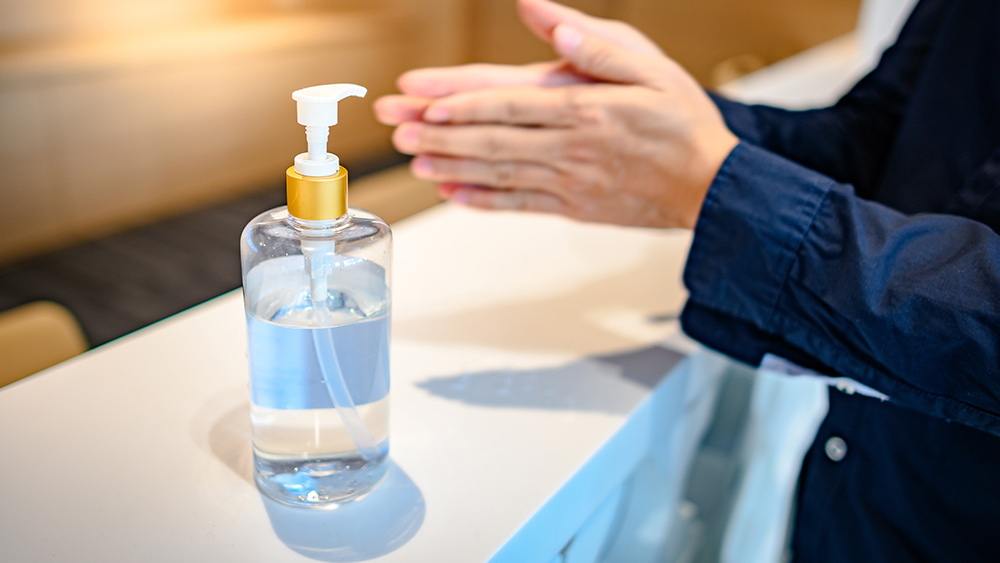
Throughout the country, citizens are using various cleaning and health care products to prevent the spread of the Wuhan coronavirus (COVID-19). Experts recommend thorough handwashing, but hand sanitizer is a suitable alternative if you don’t have access to soap and running water during the pandemic.
But it looks like consumers need to be careful what brand of hand sanitizer they purchase, especially after a woman in Texas was hospitalized after the hand sanitizer she was using caught fire.
Hand sanitizer bottle exploded
According to local CBS affiliate KHOU-TV, Kate Wise suffered severe burns on her whole body after an incident involving hand sanitizer.
According to Wise, a resident of Round Rock, Texas, the incident occurred on August 30, Sunday after she applied an off-brand hand sanitizer that she had bought to protect herself and her three daughters from the coronavirus.
After using the hand sanitizer, however, her hand caught fire when she lit a candle. According to Wise, the flames from the candle made contact with the sanitizer’s bottle, which then exploded.
Within seconds of the explosion, the fire had spread not just to her face, but to the rest of her body. At this point, she says her two youngest daughters ran to the neighbors to get help.
Eventually, Wise was able to remove her burning clothes and get her disabled daughter and pets out of their house. Recalling what happened, Wise warned that doing something as simple as lighting a candle can be risky when flammable hand sanitizer is involved.
The Round Rock Fire Department is investigating the cause of the fire.
The rough and costly road to recovery
To help cover her medical expenses, a friend of Wise, Kathryn Bonesteel, set up a GoFundMe page.
On September 13, Sunday, Wise posted on the page to thank generous donors. She shared that she is now currently home recovering before her next surgery, which involves skin grafting.
Bonesteel has since warned others about purchasing off-brand products.
“We’re all buying what’s easily available,” she said. “We look to stores we trust like Amazon to purchase the products that we need to protect ourselves and our families.”
Wise hopes that by raising awareness, she can help other consumers stay safe during the pandemic. “It’s something that you never want your kids to see,” lamented Wise.
She concluded, “Like, you just being up in flames so I think that part kind of killed me just because it’s something I never wanted them to have to go through.”
FDA cautions against dangerous hand sanitizers
Experts warn that flammable liquids and direct sunlight can make hand sanitizer explode. Sherrie Wilson, a retired Dallas firefighter, warns that the product is both flammable and an irritant.
Already, the Food and Drug Administration (FDA) has released a list of hand sanitizer brands that American’s should avoid because they may contain toxic substances.
In addition to toxins, some of the hand sanitizers on the list also contain methanol, an alcohol compound used to make fuel. Aside from being highly flammable, methanol is also dangerous when absorbed through the skin, inhaled, or ingested.
In addition, the FDA also cautions that some brands may not be strong enough to kill the coronavirus. The list of sanitizers that people should avoid was recently expanded to at least 100 brands and nearly 150 varieties. (Related: Coronavirus prevention: These 9 sanitizers from Mexican company contain TOXIC methanol, cautions FDA.)
Safety precautions when choosing hand sanitizer
As the incident with Wise proves, not all hand sanitizers are safe for regular use.
Below are some things to consider before purchasing hand sanitizer:
- According to the Centers for Disease Control and Prevention (CDC), hand sanitizers should be at least 60 percent ethyl alcohol or 70 percent isopropyl alcohol.
- The FDA adds that other approved ingredients may include sterile distilled water, hydrogen peroxide and glycerin.
- Aside from methanol, you should also avoid hand sanitizers that contain 1-propanol, which can be highly toxic.
- The FDA also warns against using hand sanitizers packaged in food and drink containers. Accidentally ingesting these products may be dangerous.
- According to health officials, you should avoid hand sanitizers that replace alcohol with benzalkonium chloride, which is less effective at killing certain bacteria and viruses.
- When making your own sanitizers, follow instructions to the letter and use the right ingredients. The wrong mix of chemicals can produce an ineffective mixture or cause skin burns.
Barun Mathema, an infectious disease researcher at Columbia University, urged people to only use hand sanitizer when they can’t wash their hands with soap and water since thorough handwashing is still the most effective way of getting rid of germs.
Sources include:
Tagged Under: Burns, China, coronavirus, covid-19, fire risk, Flu, hand sanitizer, hygiene, infections, outbreak, pandemic, products, safety, superbugs, virus










